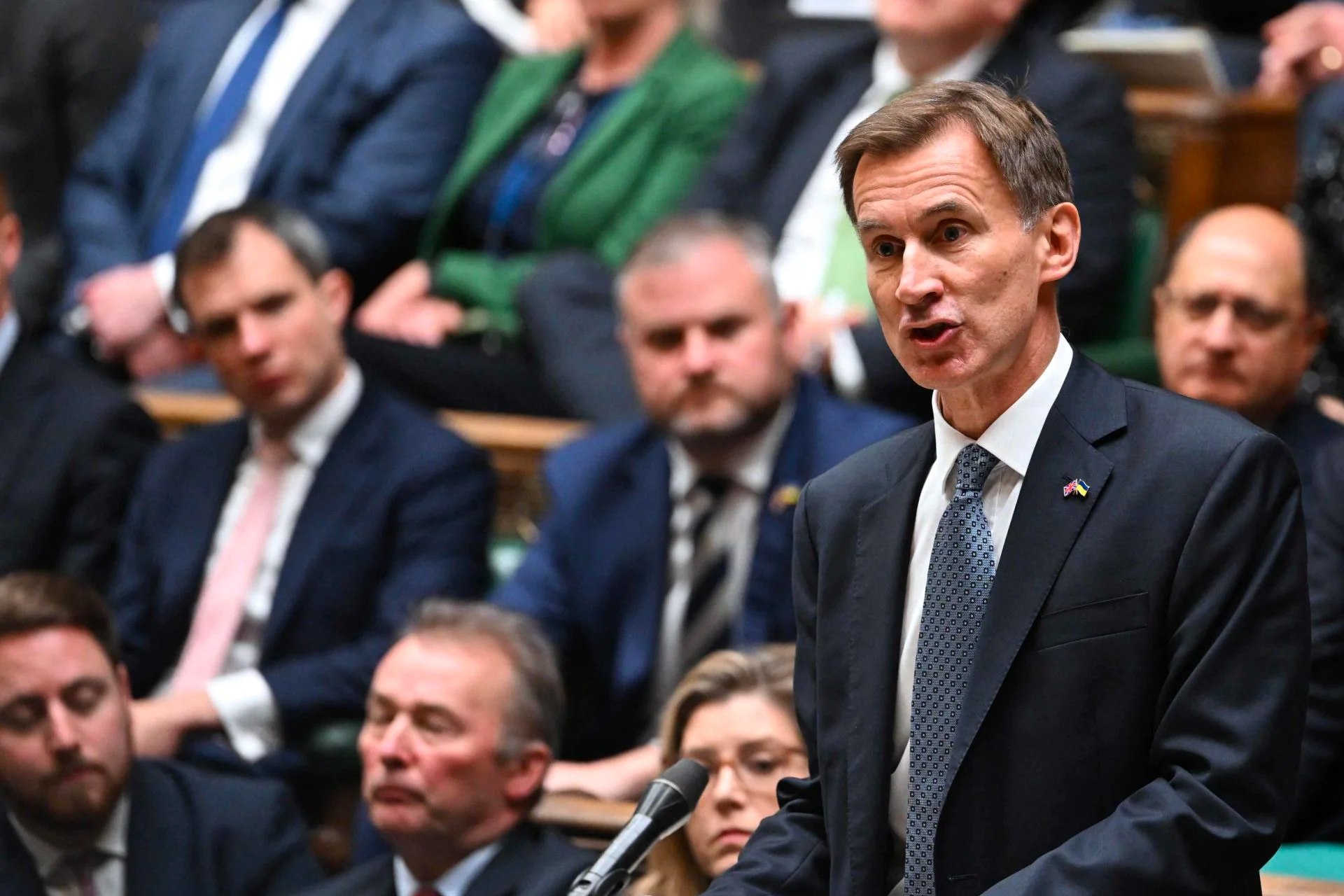Today (15 March) Jeremy Hunt announced the Spring Budget. New funding for energy efficiency and support for swimming pools broke the surface, as well as nuclear power officially being classed as “environmentally sustainable” to give it access to the same investment incentives as renewable energy. We’ve highlighted everything you need to know about energy, carbon, and the green economy from Hunt’s Spring Budget.
Low carbon technology
The launch of “Great British Nuclear” (GBN) – The government will launch GBN to address constraints in the nuclear market and support new nuclear builds while working towards the UK’s net zero goals. In hopes of selecting the most promising technologies by the end of this year, GBN will start the first phase of competition for small modular reactors. If this new technology is proven to be practical, the UK will co-fund it. Nuclear energy will also be included in the green taxonomy, subject to consultation, with the aim of encouraging private investment. Small Modular Reactors will be the initial focus of GBN, but further Gigawatt-scale projects will also be considered in future.
Massive investment in Carbon Capture, Usage and Storage (CCUS) – The government will be providing up £20 billion in funding for the early development of CCUS in order to help the government achieve its climate commitments. A shortlist of projects for the first phase of CCUS deployment will be announced later this month (March 2023).
Hunt also added that “the long term solution is not through subsidy, but security.”
Still getting familiar with CCUS? Learn more here.
Tax savings on CCUS – tax treatment of payments into decommissioning funds – Certain oil and gas assets can be repurposed for use in CCUS projects, generating cost and development time savings. The government will introduce legislation in a future Finance Bill to establish the tax treatment of payments made into decommissioning funds by oil and gas companies in relation to the repurposing of oil and gas assets for use in CCUS projects.
Control for Low Carbon Levies (CLCL) – The government will set out plans to refresh the existing CLCL. The CLCL was published in 2017, before the government’s commitments on Net Zero, and will be replaced by a new framework to reflect the government’s energy security priorities. Details will be announced later in the year.
Energy efficiency funding
Swimming Pool Support Fund – Government support of over £60 million will be provided for public swimming pools across England. The purpose of this is to help alleviate immediate financial pressures, as well as to provide investment in energy efficiency measures to reform facilities, reduce future operating costs and deliver long-term sustainability.
Energy efficiency support for charities? The government will provide over £100 million of support for charities and community organisations in England. This will be targeted towards those organisations most at risk, due to increased demand from vulnerable groups and higher delivery costs, as well as providing investment in energy efficiency measures to reduce future operating costs. Details are to be confirmed.
Tax relief for business energy efficiency: The super-deduction tax scheme ends 31 March 2023. In its place, the Chancellor introduced a new scheme: Full Expensing (FE) as well as the extension of the 50% First Year Allowance (FYA). The 50% FYA was due to end on 31 March 2023, but will now be extended to 31 March 2026, with a view to making it permanent. It lets taxpayers deduct 50% of the cost of other plant and machinery, known as special rate assets, from their profits during the year of purchase. This includes long life assets such as solar panels and thermal insulation on buildings.
Energy bill support
Two-Year extension of the Climate Change Agreement scheme – The government confirmed it will extend the Climate Change Agreement scheme by two years. Participants that meet agreed energy efficiency targets will be entitled to reduced rates of Climate Change Levy in 2025-26 and 2026-27. The extension will be open to new participants in currently eligible sectors. DESNZ will consult on the details of the extension and proposals for any potential future Climate Change Agreement scheme.
Maintained: Energy Bills Discount Scheme – The Energy Bills Discount Scheme will provide all eligible businesses and other non-domestic energy users across the UK with a discount on high energy bills until 31 March 2024, following the end of the current Energy Bill Relief Scheme. It will also provide businesses in sectors with particularly high levels of energy use and trade intensity with a higher level of support.
Increased: Energy Price Guarantee (EPG) – The government will maintain the EPG across the UK at £2,500 per year for the typical household for an additional three months (April to June 2023). The planned increase to £3,000 per year will start on 1 July, rather than 1 April as previously announced.
Domestic UK heat network customers on non-domestic heating contracts will get a new, sector specific support rate. This will be set at a level that will ensure these customers do not face disproportionately higher energy bills under the Energy Bills Discount Scheme than consumers under the EPG.















